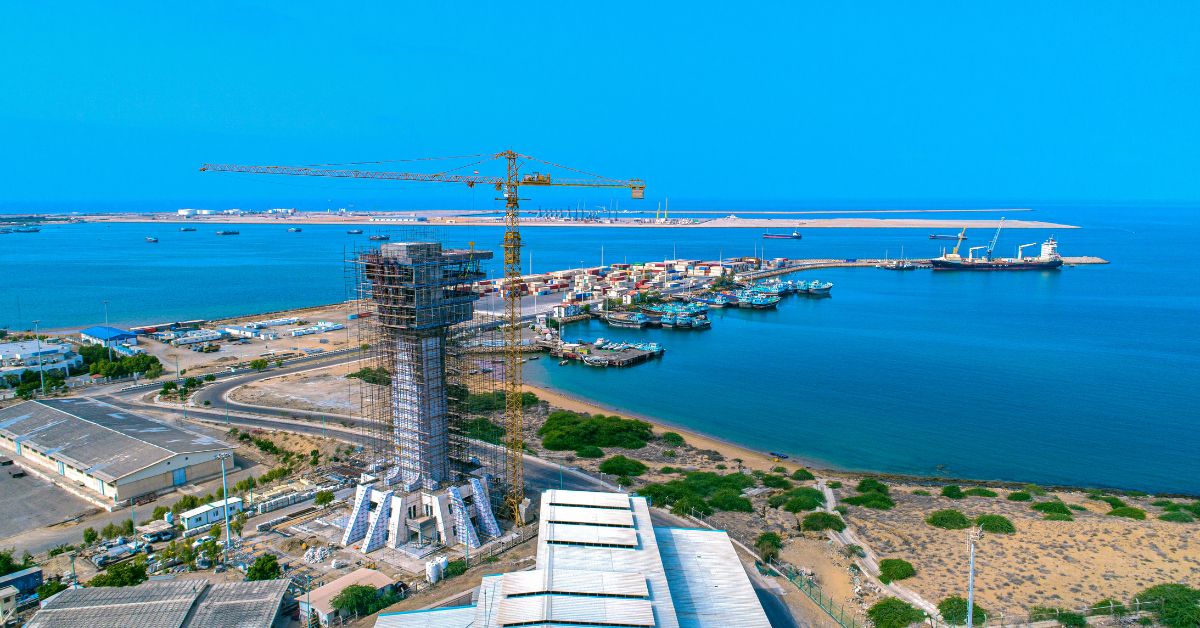With Afghanistan’s deteriorating relations with Pakistan, the Taliban has started warming up to India since sourness between New Delhi and Islamabad persists too. According to a report, the Taliban regime has decided to focus on the Chabahar Port in Iran, which is managed by India and is exploring joining the International North-South Transport Corridor (INSTC), intending to reduce dependence on Pakistani ports.
After the Taliban took control of Kabul in 2021, progress on the Chabahar port project hit some roadblocks. But as tensions between Kabul and Islamabad grew—especially after Pakistan began expelling Afghan refugees—the Taliban started leaning more towards working with Iran and India.
The port plays an important transit between Iran, India and Afghanistan. Reportedly, Taliban officials have already visited Tehran to discuss Kabul’s role in the project.
According to Russia’s top think-tank Valdai Club, which maintains close ties with the Kremlin, the Taliban is trying to convey a message of independence from Pakistan by increasing its role in the Chabahar Port project, the report said. Iran is also looking to bring Afghanistan into the International North-South Transport Corridor (INSTC) as part of its strategy to boost its regional influence.
External Affairs Minister S. Jaishankar’s recent meeting with acting Afghan Foreign Minister Mawlawi Amir Khan Muttaqi marked the first formal engagement between an Indian and a Taliban minister since 1999 — a significant diplomatic development that points to shifting dynamics in regional geopolitics.
Chabahar Port Project India signed a 10-year agreement with Iran in May last year to develop and operate the Iranian port of Chabahar. This port is Iran’s first deepwater port and is located just 72 kilometres away from Pakistan’s Gwadar Port, operated by China. The flagship project between the two countries plays a critical role in managing trade between India, Iran, Afghanistan, Central Asia and the Eurasian region.
Since Pakistan denied India a direct land route to Afghanistan, the project also established a sea-trade link for India to reach the Afghanistan market and vice versa, bypassing Pakistan’s ports, Gwadar and Karachi. On the other hand, it also assumes great significance for India’s trade ambitions across Central Asia, given its opposition to China’s Belt and Road Initiative (BRI).
Despite US sanctions reimposed under President Trump that threaten to complicate broader participation in the Chabahar project, both Iran and the Taliban appear committed to advancing the port as a key transit hub linking Afghanistan to global markets. Kabul also invested $35mn.









